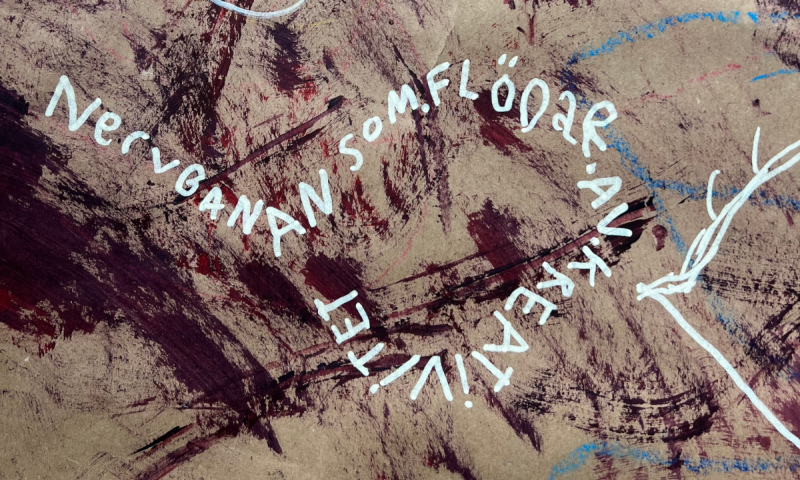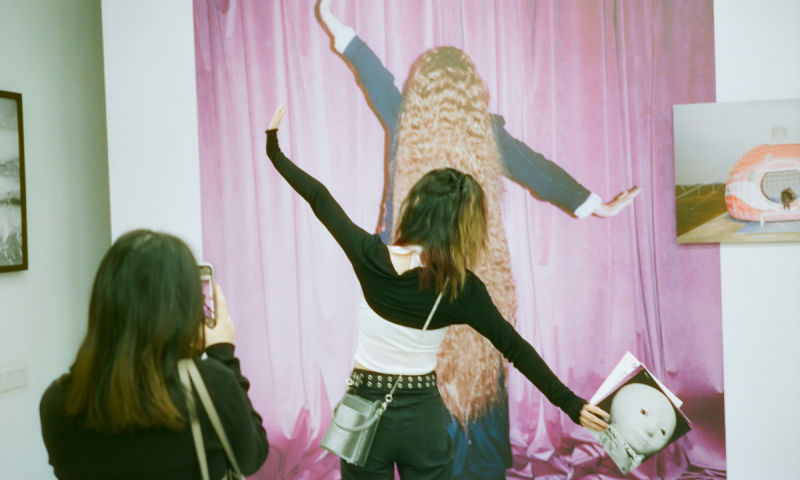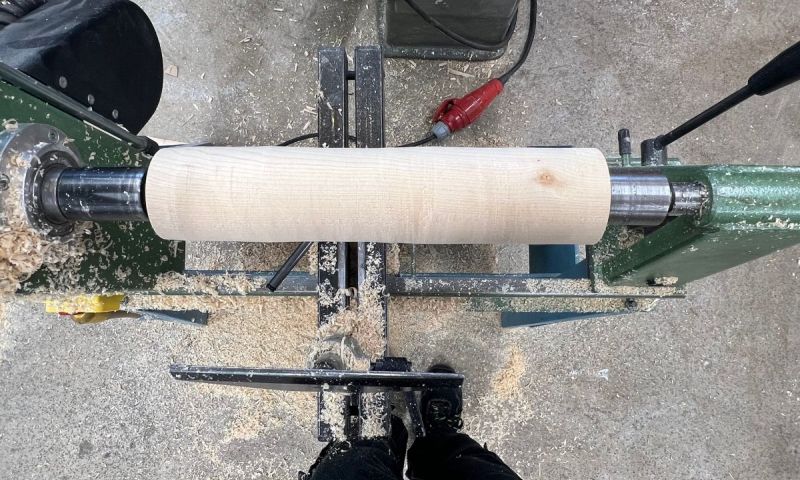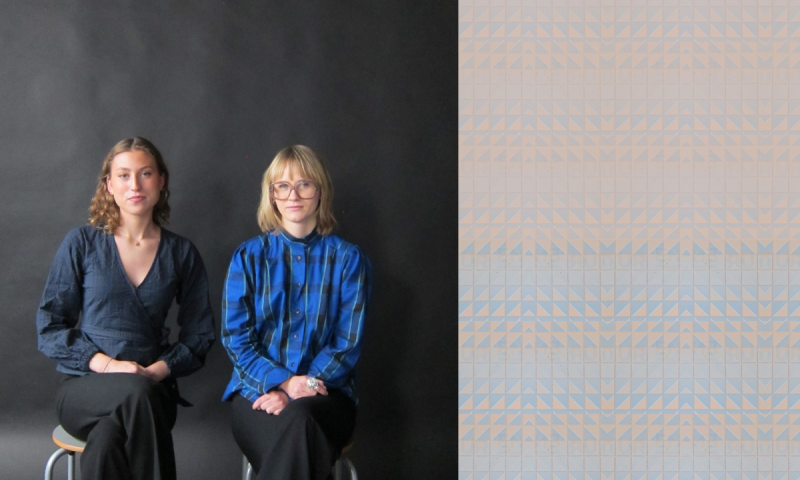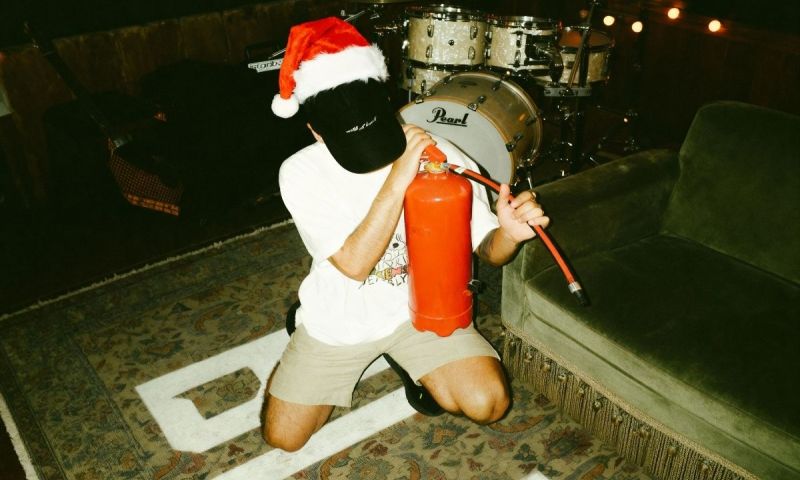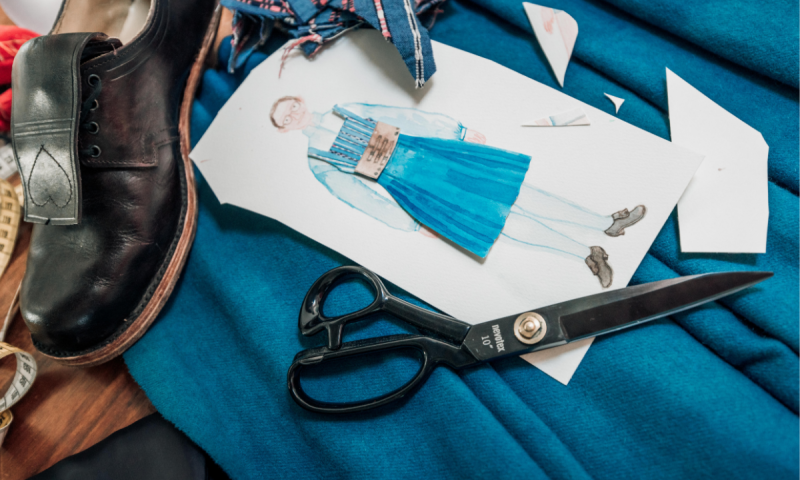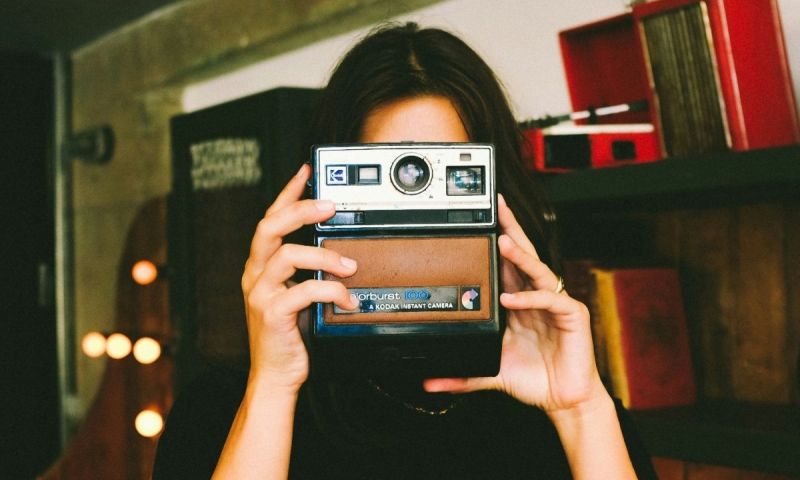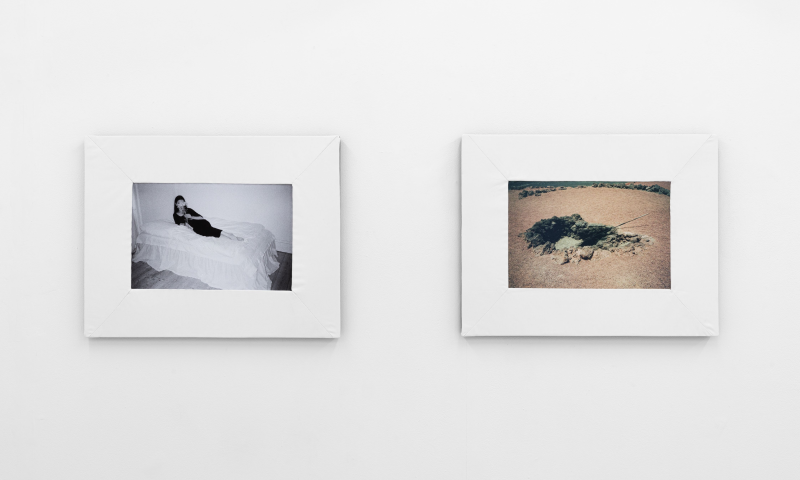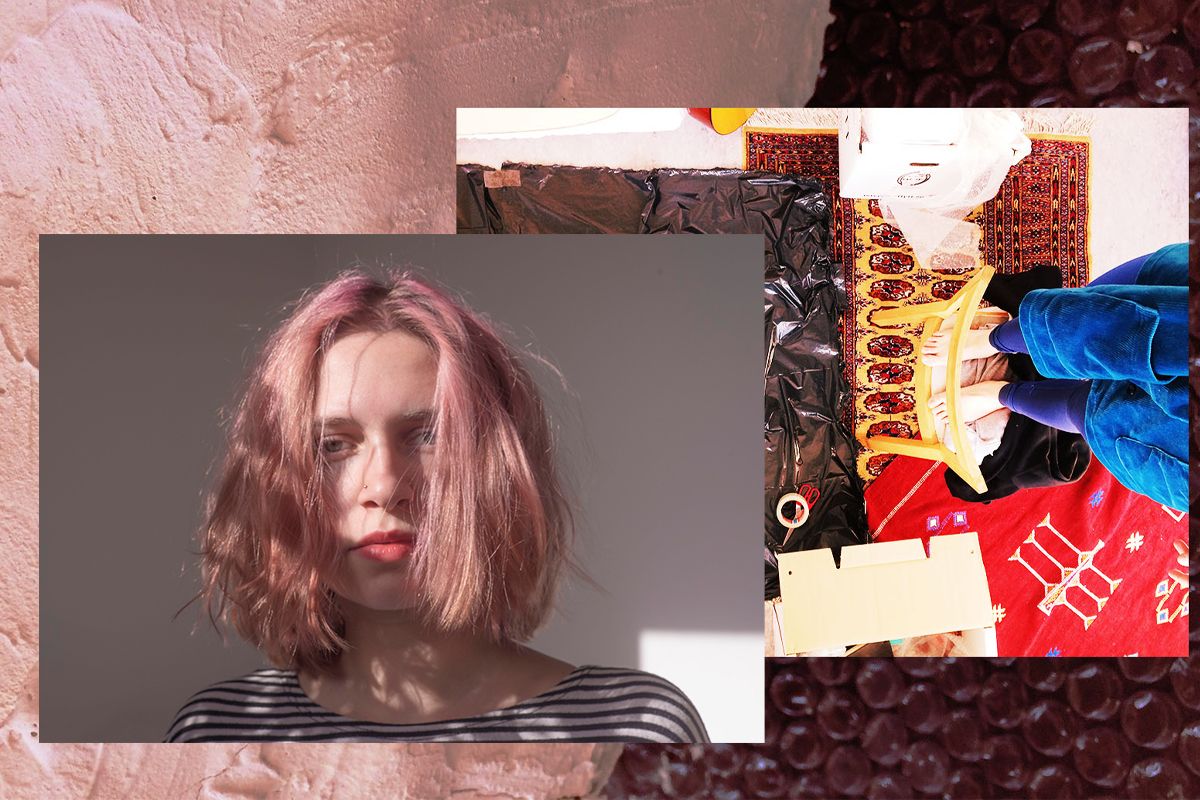
Although we all know what it means – Artist interview (eng)
Kulturungdom member Anna Jarosz have been applying for K-pengar to realise an art project called “Although we all know what it means…”. The project would have been shown at Gallery Entrance, Gothenburg, but according to the coronavirus crisis we invite you to a part of the vernissage online, at Instagram stories & in an online exhibition room with material prepared especially for this occasion.
Read more about the project here.
Programme:
17:00 - premiere of the interview at kulturungdom.se
17:30 premiere of the online video installation at https://althoughweallknowwhatitmeans.com
17:50 opening of the online gallery at Instagram Stories
Hello Anna! How are you doing in the corona crisis situation?
Hello! It’s been quite challenging to organise myself, and all the things I usually keep at the studio in the university, but in general I think we are in quite comfortable position here in Sweden. The world is going absolutely mad and we need to find ways to redefine and reformulate our perception of Reality but also try to be more understanding of each other.
Tell us a bit about your background.
I come from Poland and that is where I have spent most of my life. I moved to Prague, Czech Republic, to study photography and that’s where I started to become more interested in visual arts in general. After finishing my bachelor’s degree I decided to move to Gothenburg to study at Valand Academy. So whilst my background is in fact photography I would define my interest now to be more about site specific installation art.
How does your work comment on current social or political issues?
My work is about collectively experienced trauma but I have actually changed it extensively since the first proposal (from pre-corona crisis times), I wanted to reflect on the immediacy of current events. I was also amazed by how fast days in isolation go by, how many people are moving their activities online and how much cultural life is suddenly so accessible to everyone that before didn’t have a chance to see it! I do think it is wonderful, that humans can so quickly adapt to the current situation and how much power the governments have. But my work is just another online show, containing bits and pieces stolen from other screens.
When and how did you get interested in investigating socially constructed terminologies of gender and theories of trauma, through your art work?
Honestly it has never really been so well defined. I started to become interested in what trauma means during my second year of BA when I wanted to do a project that would somehow incorporate the Dancing Plague (sometimes referred to as Dancing Mania) from the sixteenth century. The topic is present in the work I am presenting in this exhibition. After three years I have decided to return to the starting point of my interest - collective trauma. However, by returning to the project I started in Prague, I quickly realised that I first need to understand where does a trauma come from in the life of an individual, how do we deal with it on this very personal level. And so I became interested in my own traumas, recognising them and trying to make them relatable to other people’s experiences.
How does your art process look like?
I read a lot! I think every project starts with a solid amount of research - but this could be anything really. I don’t usually spend night after night in the libraries as I like to also have a visual overview of what I am inspired by. Therefore I like to create lots of collages, make sketches, write quotes on the wall, spread it on the floor and just keep it there and look at it - eventually add and take things away. I started drawing recently, so I make sketches. But then it depends on the project. But I also think the process is such a vulnerable part of art-making, so I often get distracted if I’m being observed.
Which artists, philosophers and/or feminist thinkers are your biggest influences?
Oh, this is a river kind of question! Everything that I am making right now is inspired by so many thinkers, artists, authors. I am in love with Alina Szapocznikow’s work, I have recently seen an exhibition with her works for the first time and I must say it is absolutely stunning! Louise Bourgeois is an enormous inspiration, I’ve recently been looking again at Tracey Emin’s practice and she inspires me greatly. Looking at more contemporary scene I would say the most influential piece I have recently seen was Tai Shani’s installation at the Turner Contemporary in Margate, England. One art exhibition that has changed my way of looking at art completely is Ed Atkins’ Old Food in Berliner Festspiele in 2017, I was amazed by how much vulnerability an art exhibition can embody.
One exceptionally important figure is Julia Kristeva - her book “Powers of Horror: An Essay on Abjection” redirected my approach to the subject of trauma and helped me comprehend it in a different way.
You can of course see Slavoj Žižek in the piece - that interview became an odd starting point for this piece, but he is quite an interesting figure in the world of contemporary philosophy.
The last group I would like to mention is Laboria Cuboniks and their Xenofeminist Manifesto which is a fresh, important interpretation of feminism. I think they made me understand what a great world could look like.
Tell us about your collaboration with the artist Agatha Lewandowski.
Agatha and I met at Nida Art Colony in Lithuania last summer. A few months later we collaborated on an exhibition in Reykjavik, Iceland. This time the situation was even more challenging because Agatha is based in Poland and myself Sweden, therefore we had to communicate overseas. I think we operate within a similar language of art-making, this makes working together a very exciting and stimulating process. Agatha is a sound artist, she usually receives mass of emails from me with raw visual materials, sketches and question marks and then she starts her process. The most fun is of course putting it all together via skype.
What do you want to do next, do you have any other questions and issues you want to investigate?
It’s quite difficult to plan right now - I have had some projects and residencies planned, but who knows when and if it is going to happen! I believe we should just rest a little, take it easy and hope the new world will provide us with some new answers. But also don’t sit completely still, try to reflect.
My plan for the nearest future is to read “The Books of Jacob” by a Polish author Olga Tokarczuk (who is also a great inspiration!).






